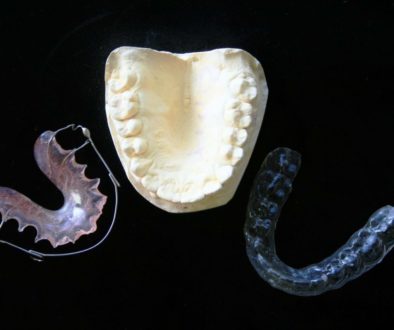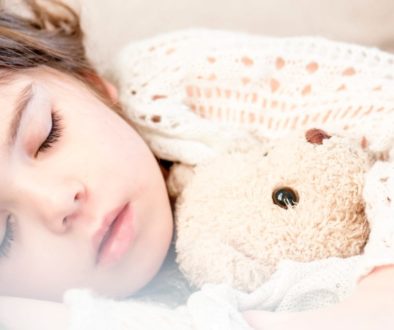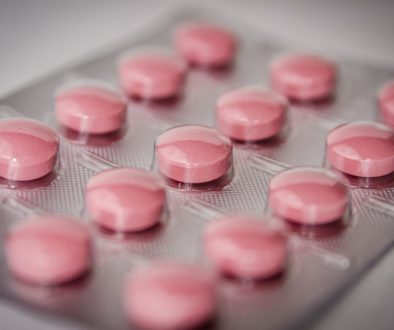Sleep Apnea
Sleep apnea is a serious condition in which a person stops breathing multiple times an hour. The number of times you stop breathing can range anywhere from 5-60 times an hour. There are very significant health problems related to sleep apnea one of which is death. One study of people with severe sleep apnea, found that nearly 40% were dead within 18 years. One of the scariest things about sleep apnea, is that approximately 95% of people who have it, don’t even know. If you snore and have daytime fatigue you should consider seeing a sleep medicine physician.
There are two types of sleep apnea…
- Central Sleep Apnea – Your brain forgets to tell your body to breathe. Treatment includes management of the health conditions responsible, certain drugs, continuous positive airway pressure (CPAP), bilevel positive airway pressure (BPAP), and supplemental oxygen. Oral appliances do not help with central sleep apnea!
- Obstructive Sleep Apnea – The airway becomes obstructed from the tongue or other excess tissues in the area. The usual treatment includes management of weight (if excess weight is a suspected factor), CPAP, and oral appliance therapy (OAT).
If you have been diagnosed with obstructive sleep apnea, your doctor likely recommended CPAP. It is a device that blows air into your airway with enough pressure to keep it open. Unfortunately, CPAP is very poorly tolerated. Some studies show that half of people stop using it within the first year. For people who fail CPAP therapy, the next best option is to use oral appliance therapy (OAT). Similar to people who snore, the goal with OAT is to pull the lower jaw forward with a mandibular advancement device (MAD) in order to open the airway enough that the person is able to breathe. It re-positions the lower jaw more forward which helps to move the tongue out of the airway. Another device uses suction to hold the tongue in more forward position. The kind of device that is required is based on your specific situation. Compliance rates with OAT are much higher than CPAP as it is not as burdensome as using a CPAP machine.
For people who suspect or have sleep apnea, I highly recommend seeing a sleep doctor and dentist prior to commencing any treatment. Sleep apnea can be FATAL and is not something to take lightly. I recommend following their directions about treatment.



